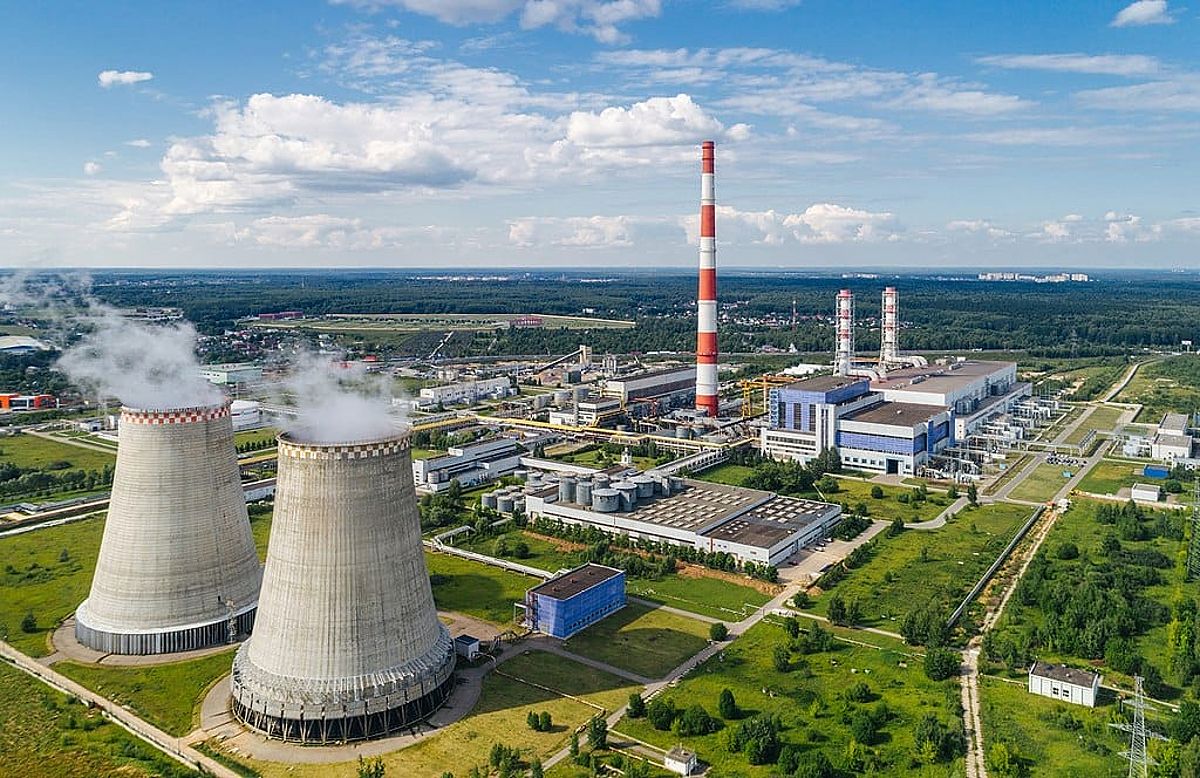What are the true implications of Russia’s new cryptocurrency mining laws? The answer is far from simple, as it encompasses a tiered system grounded in energy consumption while simultaneously raising significant concerns about data privacy and security. As the Russian government embarks on this regulatory journey, it is essential for investors and stakeholders to grasp the intricate landscape that has emerged, where opportunities and challenges intertwine.
Understanding the Legal Framework for Crypto Mining in Russia
Russia’s recent shift towards a regulated framework for cryptocurrency mining is emblematic of a broader global trend, where governments seek to establish order in a previously anarchic digital terrain. The introduction of two pivotal laws on November 1st has set the stage for a regulated environment, yet it comes with its own set of complexities. The government has delineated a tiered structure based on electricity consumption, imposing a significant threshold for home-based miners at a monthly limit of 6,000 kWh. For those who exceed this limit, the stakes increase dramatically. A mandatory registration process with the Federal Tax Service becomes necessary, which entails obtaining a special “individual entrepreneurial” license.
This licensing process is not merely bureaucratic; it demands a comprehensive disclosure of mining operations. Applicants must provide intricate details about the cryptocurrencies they mine and the digital wallets they use. While these measures aim to enhance transparency and mitigate illicit activities, they pose considerable hurdles for larger-scale miners. The labyrinthine nature of paperwork, associated fees, and potential delays creates a daunting landscape for those seeking to operate legally within this framework. Moreover, non-compliance carries substantial repercussions, including legal ramifications and exclusion from the regulated sector.
The Dual-Edged Sword of Data Security and Government Oversight

As the government delves deeper into the realm of cryptocurrency mining, a pressing concern emerges: the implications for data security and privacy. The access that agencies like Rosfinmonitoring and the Federal Security Service (FSB) have to miners’ sensitive data raises critical questions. This centralized repository of information, while ostensibly aimed at combating money laundering and tax evasion, could pose risks of data breaches and misuse.
The transition from an initially vague understanding of data access to a clarified stance that restricts it solely to government agencies underscores the fluidity of these regulations. Investors must grapple with the reality that while the government seeks to create a transparent and accountable mining ecosystem, the oversight mechanisms could inadvertently compromise the privacy of those involved. Continuous vigilance regarding regulatory changes and their potential impact on data privacy is essential for stakeholders navigating this evolving terrain.
| Agency | Role |
|---|---|
| Rosfinmonitoring | Anti-money laundering and combating the financing of terrorism |
| Federal Security Service (FSB) | National security and intelligence |
| Federal Tax Service | Tax collection and enforcement |
| Federal Property Management Agency | Oversight of state-owned assets |
| Prosecution and Police Agency | Law enforcement and criminal investigation |
Weighing Opportunities Against Challenges in the Russian Crypto Market

The Russian cryptocurrency landscape is a double-edged sword, offering both avenues for growth and considerable risks. One of the notable advantages lies in the potential for reduced energy costs in certain regions, which could provide miners with a competitive advantage. Furthermore, the utilization of cryptocurrencies for international transactions by Russian enterprises seeking to navigate sanctions may open doors for innovative partnerships and market expansion.
Nevertheless, these prospects are not without their drawbacks. The specter of regulatory uncertainty looms large, as the potential for further tightening of rules remains a possibility. The intricacies of operating within a politically sensitive environment cannot be overlooked, especially given the government’s invasive access to miner data. This introduces a layer of complexity regarding data security and privacy that demands careful consideration. Moreover, the repercussions of international sanctions could significantly destabilize the market, complicating growth prospects. Legal disputes and enforcement challenges further contribute to the already intricate landscape that investors must traverse.
| Pros | Cons |
|---|---|
| Potential for lower energy costs | Regulatory uncertainty and potential for stricter rules |
| Opportunities for sanctions circumvention | Data security and privacy risks associated with government oversight |
| Potential for market growth | Geopolitical risks and sanctions impact |
The Road Ahead: Strategic Insights for Investors
The future of cryptocurrency mining regulations in Russia remains shrouded in uncertainty. The possibility of regulatory shifts—whether tightening or loosening—hinges on a multitude of factors, including geopolitical developments and the government’s evolving priorities. For investors, this calls for a proactive approach, emphasizing thorough due diligence. This involves not only a meticulous assessment of the current regulatory landscape but also an eye towards potential changes on the horizon.
Risk mitigation strategies should be at the forefront of any investment strategy in this arena. Diversifying investments and judiciously selecting mining locations can serve as a buffer against unforeseen regulatory changes. Continuous monitoring of regulatory updates and geopolitical dynamics is paramount for informed decision-making in this fluid environment. Engaging legal and regulatory experts can provide invaluable insights, aiding investors in navigating the complexities of this rapidly evolving sector.
结论
In conclusion, investing in Russia’s cryptocurrency mining landscape requires a nuanced understanding of the delicate balance between opportunity and risk. The regulatory framework, while designed to foster a more organized market, presents a myriad of challenges related to compliance, data security, and geopolitical factors. A thoughtful evaluation of these elements, paired with robust risk management strategies, is essential for anyone looking to engage in this dynamic and complex market.














 比特币
比特币  以太坊
以太坊  拴
拴  XRP
XRP  索拉纳
索拉纳  USDC
USDC  狗狗币
狗狗币  Cardano
Cardano  TRON
TRON